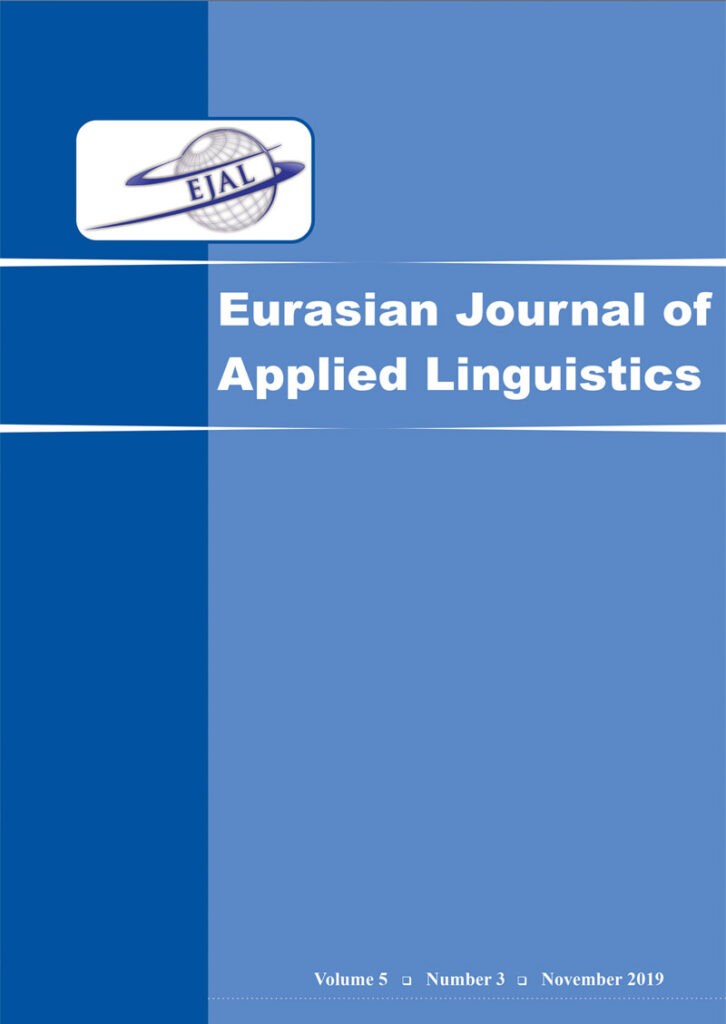Bita Asadi
Department of English, Malard Branch, Islamic Azad University, Malard
https://orcid.org/0000-0002-7272-4329
Department of English, Malard Branch, Islamic Azad University, Malard
https://orcid.org/0000-0002-7272-4329
Keywords: On-line task planning, testing context, oral performance, lexical resource, grammatical range and accuracy
Abstract
The literature on task planning abounds with studies in laboratory or classroom contexts; however, the contribution of task planning to the testing context has remained a largely uncharted area of enquiry. The current study is primarily focused on exploring the impacts of pressured vs. unpressured on-line task planning conditions on EFL students’ oral production in classroom and testing contexts. The participants of the study comprised a total of 14 Iranian intermediate adult female EFL students from a private language institute in Tehran. Two parallel task cards- part 2 of IELTS Speaking Test- were given to students with and without any time pressure for task completion in the two different contexts in fulfilment of the requirement for promotion for the next instructional period. All performances were measured through fluency and coherence (FC), lexical resource (LR), and grammatical range and accuracy (GRA) indices. To compare the impacts of pressured and unpressured on-line task planning in the classroom and testing contexts, paired samples t-tests were conducted in SPSS. It was found that the removal of time pressure on students’ task performance significantly impacted on their GRA in the classroom context. Regarding the testing context, it was found that, as with the classroom context, pressured on-line task planning led to higher FC compared to other indices. Also, it was found that unpressured on-line task planning had a statistically significant impact on students’ GRA. Moreover, the authors observed that a trade-off effect exists between students’ GRA and FC and their LR in the testing context; in other words, the more the students were stressed out to accomplish the test task and to produce correct sentences to get higher scores, the less they took risks to try extensive vocabulary and the lower their LR became.

